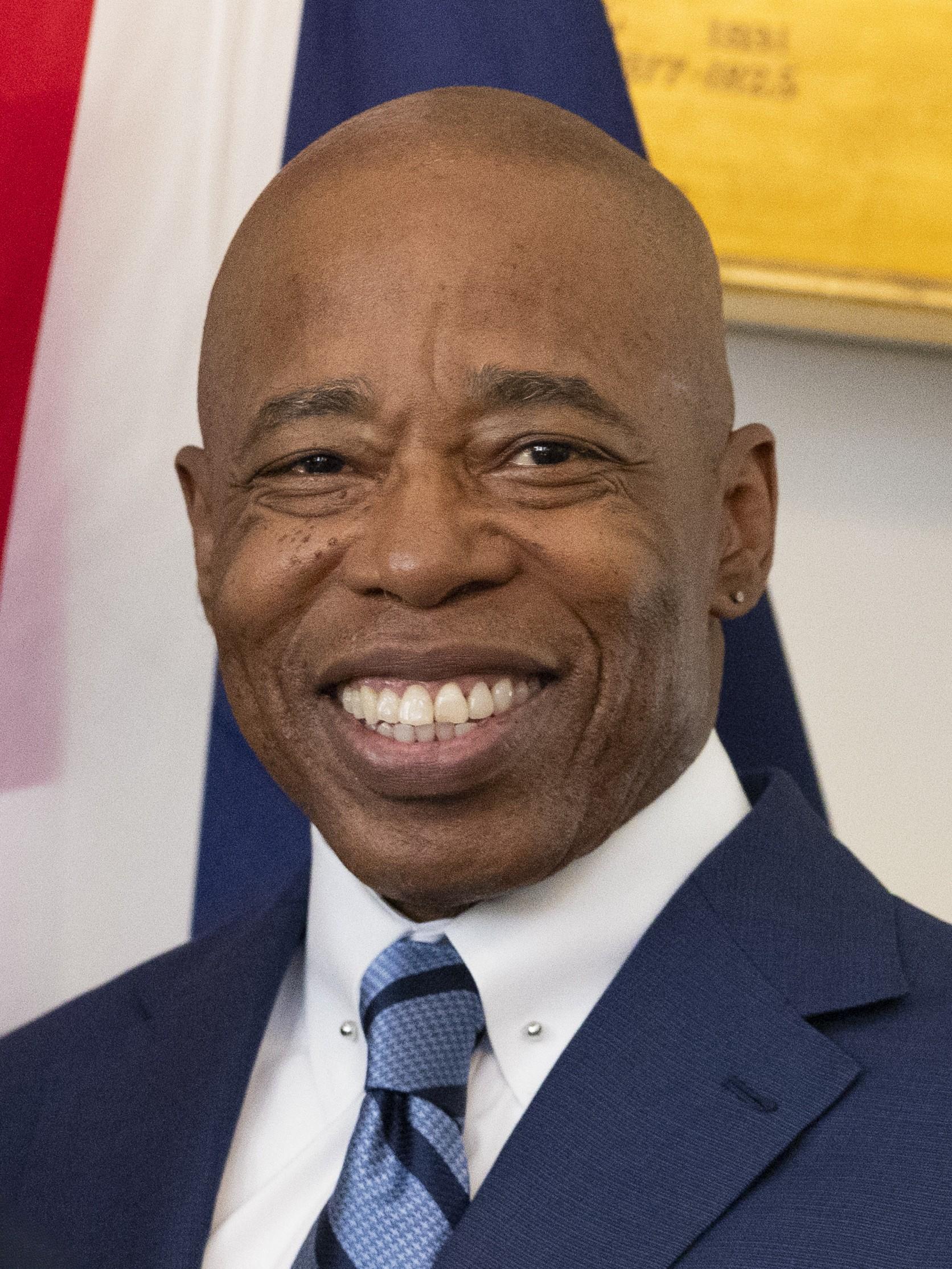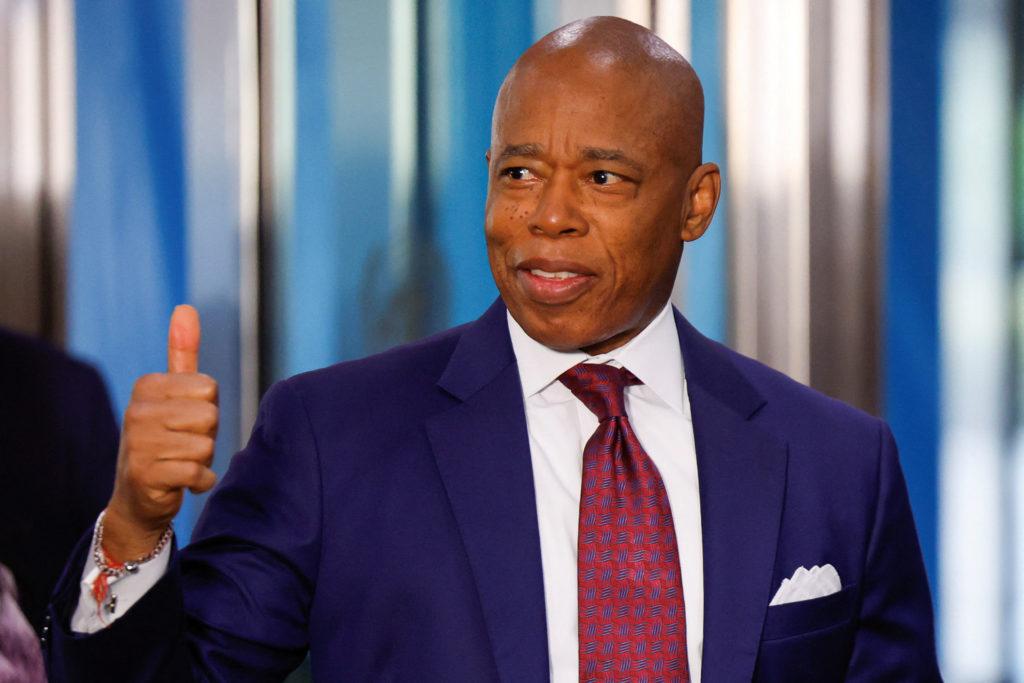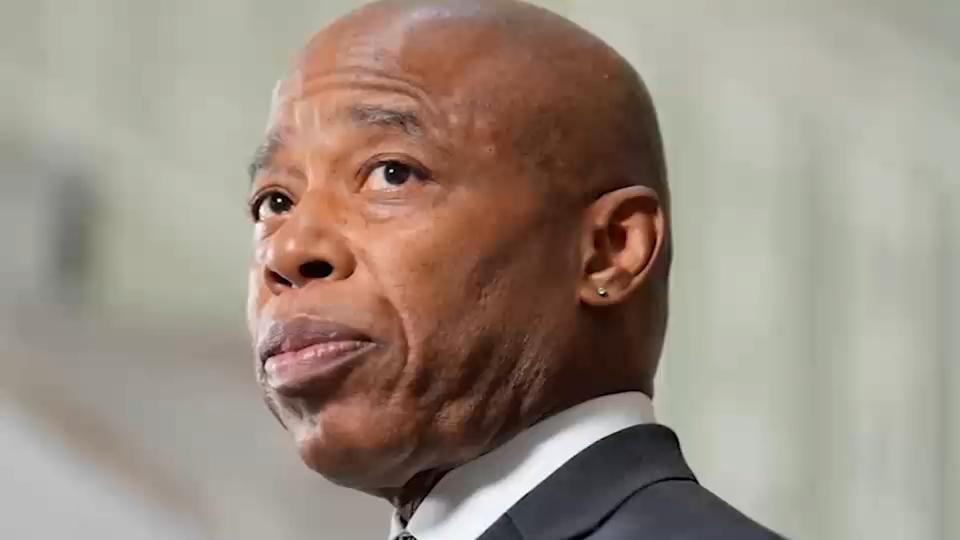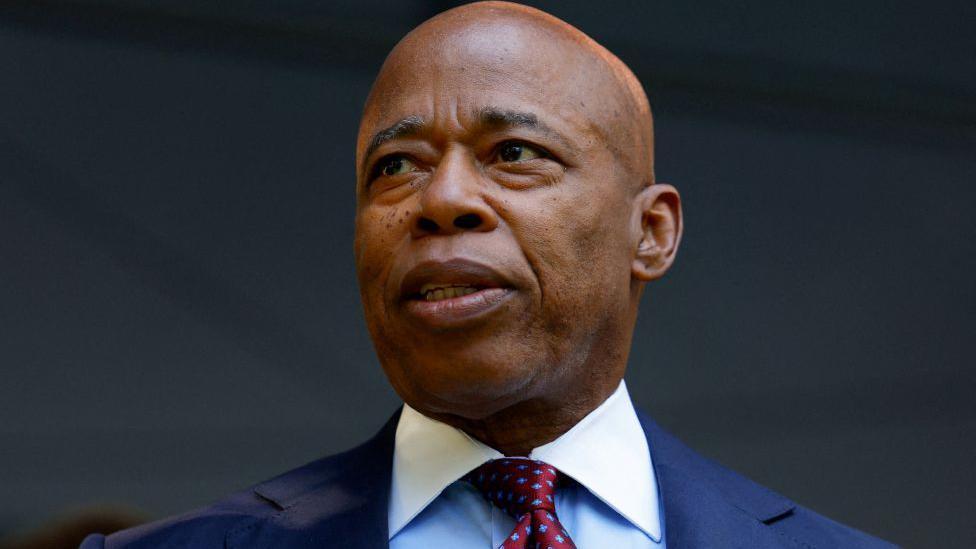End of an Era: Eric Adams Concludes Mayoral Re-election Campaign
In a move that surprised many, Eric Adams has officially concluded his campaign for re-election as Mayor of New York City.After months of navigating the political landscape, the mayor’s decision marks a significant turning point for the city, as he reflects on his tenure during a turbulent era. Weighing various factors, including critiques of his leadership and the evolving challenges facing the metropolis, Adams has opted to step back from the race, stating in a recent press conference that “the city deserves leaders who can fully commit to its future.”
During his time in office, Adams championed several key initiatives aimed at revitalizing the city, including:
- Public Safety Reforms: focused on crime reduction while balancing community relations.
- Affordable Housing: Pushed for policies to increase accessible housing options.
- Economic Recovery: Worked to stimulate growth post-pandemic through support for small businesses.
As the dust settles on his administration, questions arise about who will step into the void and how the city will leverage the lessons learned from Adams’ tenure. His departure opens the stage for a new chapter in New York City’s storied political narrative.

Assessing the Impacts: What Adams’ Departure Means for New York City
Eric Adams’ decision to withdraw his bid for re-election as New York City mayor sends ripples through the political landscape, prompting both supporters and critics to reassess the implications for the city’s future. Amid ongoing debates about public safety, housing, and economic recovery, his departure leaves a significant power vacuum that could shape the trajectory of the city’s governance. The absence of Adams’ leadership may lead to a more fragmented political scene, as various factions within the Democratic Party vie for influence and control over the direction of city policies.
With Adams stepping back from the race, several key issues stand at the forefront of public discourse:
- Crime and Public Safety: Adams has been vocal about his strategies to combat rising crime rates; his exit raises questions about the continuity and effectiveness of these initiatives.
- Housing Crisis: The city continues to grapple with an affordable housing shortage-his departure may shift focus to choice solutions.
- Economic Recovery: As the city emerges from the pandemic, new leadership could redefine fiscal strategies essential for revitalization.
The next mayoral candidates will need to address these pressing challenges, potentially outlining diverging visions that could change the fabric of New York City.

Looking Ahead: Potential Successors and Their Vision for the Future
As Eric Adams concludes his re-election bid, the stage is set for potential successors to emerge and carve their visions for the future of New york City. Among the names gaining traction in political circles are several prominent figures who have already begun to articulate their platforms. These individuals represent a diverse array of backgrounds and priorities,each bringing their unique outlook on the challenges facing the city. Key contenders include:
- Public Advocate Jumaane Williams - Known for his progressive stance on housing and social justice,Williams emphasizes the need for sustainable development and equity across the five boroughs.
- Brooklyn Borough President Antonio Reynoso – Reynoso advocates for environmental reform and community engagement,aiming to address the city’s infrastructure and climate resilience.
- Former New York City Council Speaker Corey Johnson – With a focus on public health and economic recovery post-pandemic, Johnson plans to revitalize local businesses while ensuring accessible healthcare for all residents.
Each possible successor is not only vying for a critical role in New York’s future but also presenting innovative solutions to longstanding issues.Their visions could substantially alter the trajectory of the city, emphasizing vital aspects such as:
- Affordable Housing - Tackling the housing crisis with extensive policies that ensure everyone has a place to call home.
- Public Safety – Rethinking policing and community safety to foster trust and collaboration between citizens and law enforcement.
- Economic Equality – Implementing strategies aimed at reducing income disparities and promoting small business growth across diverse neighborhoods.
As the political landscape shifts,the decisions made by these potential leaders will profoundly shape the lives of millions,making the stakes higher than ever for residents who seek a brighter,more equitable future in America’s largest city.

Lessons Learned: Recommendations for Future Candidates in NYC Politics
In the wake of Eric Adams’ decision to end his re-election campaign, aspiring politicians in New York City should draw crucial insights from this unexpected turn of events.Navigating the complexities of NYC politics demands not only charisma and determination but also a deep understanding of the socio-economic landscape that characterizes the city. When strategizing for a campaign, future candidates should prioritize community engagement, fostering genuine connections with constituents and addressing their most pressing concerns. Listening tours, town hall meetings, and regular interactions through social media can enhance visibility and build trust within diverse communities.
Moreover, candidates should adopt a robust framework for crisis management that anticipates challenges and maintains transparency. Developing a solid plan for effective communication during turbulent times can mitigate potential backlash and preserve public confidence. Additionally, investing in an adaptable campaign team that is responsive to feedback and aware of changing dynamics can make a significant difference.To successfully navigate the competitive landscape of NYC politics, future hopefuls should strengthen their policy positions, leverage data-driven decisions, and emphasize inclusivity, allowing them to resonate with a broad voter base in an era of heightened scrutiny and demand for accountability.
